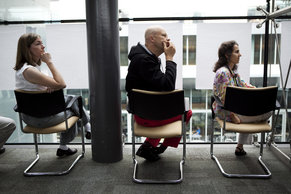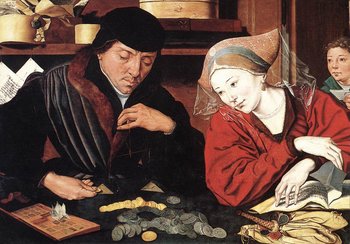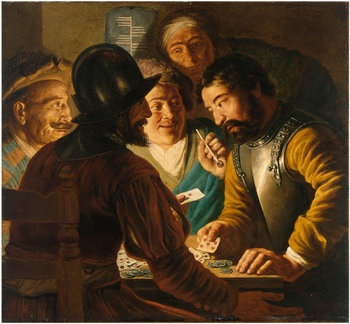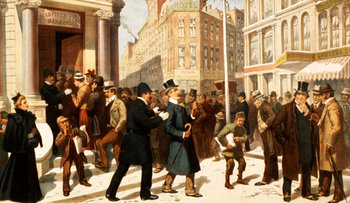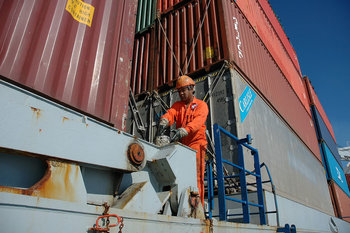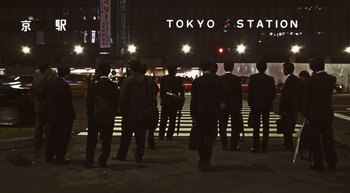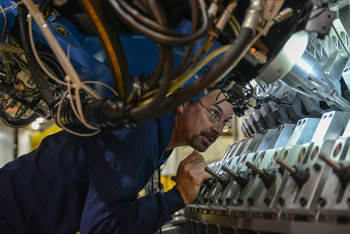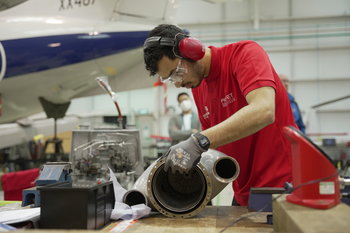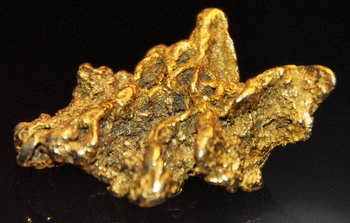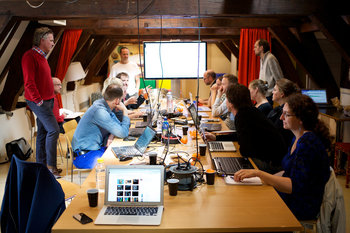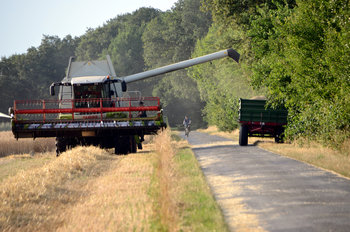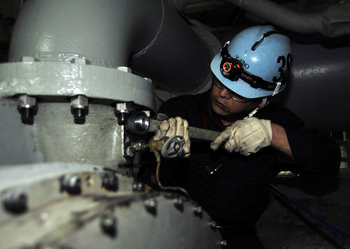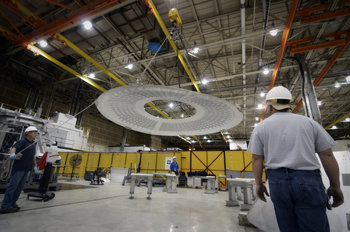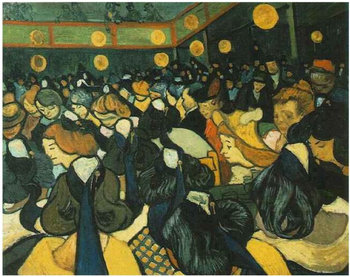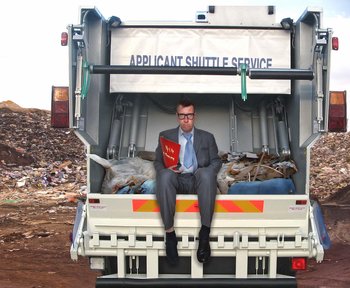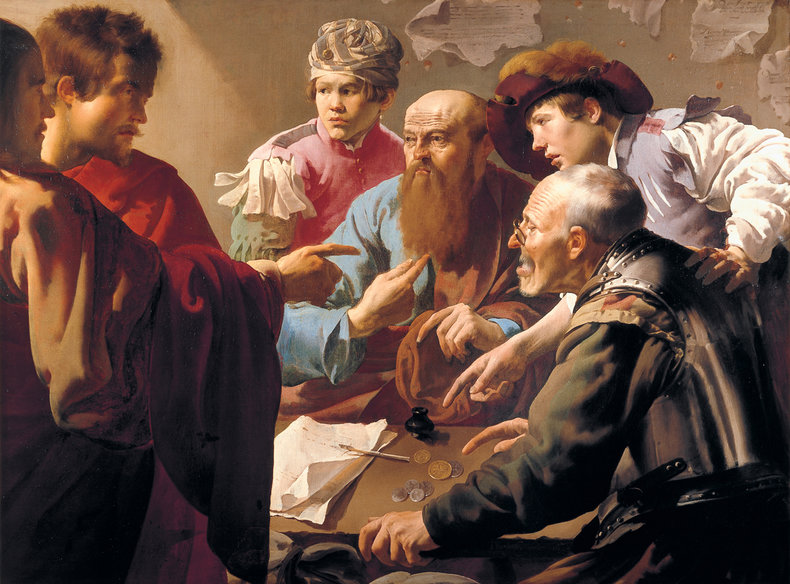
Medium of Exchange
First and foremost, money acts as a medium of exchange that facilitates commercial transactions. Money can be exchanged for goods, services and labor. It is a common myth that traditional economies usually functioned on a system of barter such that goods were directly exchanged. This requires a coincidence of wants and is extremely inefficient. If you want to buy bread you need to have something your baker happens to want at that moment. If you produce furniture and your baker doesn't need furniture, you're out of luck. Money solves this problem by providing a universal system for commercial exchange. Traditional economies commonly used commodity money for this purpose such as gold, tea or tobacco.Store of Value
Money can be used to store value for later use. For example, individuals may save money for emergencies, retirement, education, vacations or to buy an expensive asset in the future.Unit of Account
The official currencies of nations and regions are used to account, measure and report the value of assets, goods, services, salaries, liabilities, income, profits, losses, expenses, taxes, capital gains and interest. It is also common to use money to measure a great number of social, economic and business processes, programs, events, entities and risks.Legal Tender
Legal tender is money that is designated as the official form of payment recognized by a government and legal system. Legal tender may be used to settle all financial obligations. In many cases, this is a requirement of the law. For example, a banana farmer may not be able to pay workers with bananas according to labor laws but must offer a minimum wage in legal tender.Standard of Deferred Payment
A currency may be recognized as a standard of deferred payment meaning that it is the accepted way to value and pay a debt.Liquidity
Liquidity is a measure of how easily an asset can be bought and sold. A currency that is a widely accepted medium of exchange and legal tender is considered perfectly liquid. This means that it can be used easily and instantly. Value stored in other forms may be much more difficult to use. For example, if you have a $1 million home it may take you months to sell it to buy something else. If you have $1 million in cash it can be used instantly.Stability of Value
Money is most useful when it has a stable value. If the value of money quickly appreciates, a process known as deflation, people will hoard money and normal economic processes will break down. If the value of money falls quickly, a process known as inflation, people will spend it as soon as they get it and it will no longer represent a store of value. If money rapidly goes up and down in price it will represent a risk and may fall out of use as a medium of exchange.Interchangeable
Money has standard units and every instance of a currency is interchangeable with every other instance. If each item of money was special or unique, it would make financial transactions difficult. For example, artworks would make a terrible form of money because their value is uncertain and varies greatly from one artwork to another.Portability
Money can be easily moved around and exchanged with other currencies. For example, the digital money in a bank account can be instantly transferred to buy goods and pay financial obligations.Confidence
In order for money to function as a store of value and medium of exchange, people need to have confidence in the value of the money. For example, a currency that is backed by a stable and reputable government with massive resources and the ability to collect future tax revenues.| Overview: Money | ||
Type | ||
Definition | A verifiable item or digital entity that has value and is widely accepted as payment. | |
Related Concepts | ||




